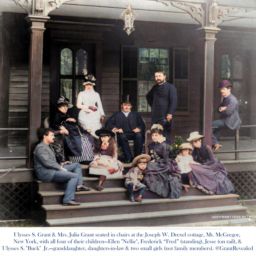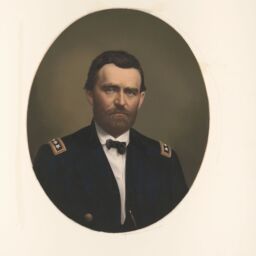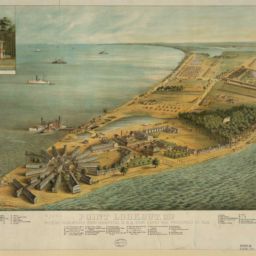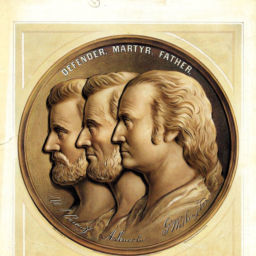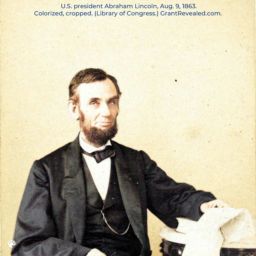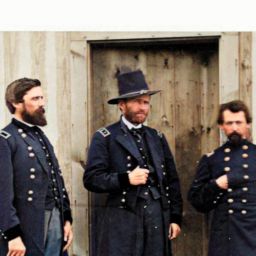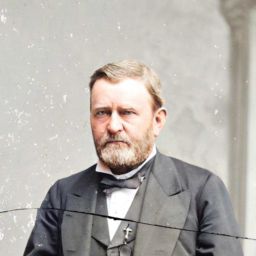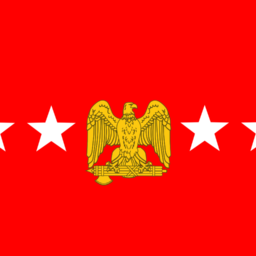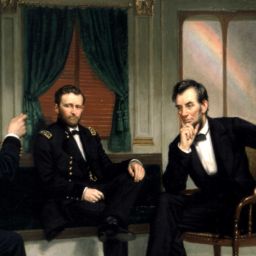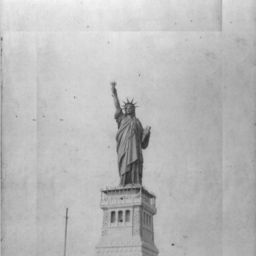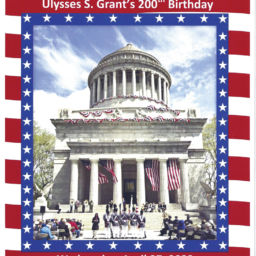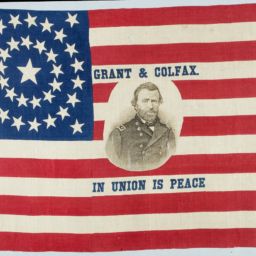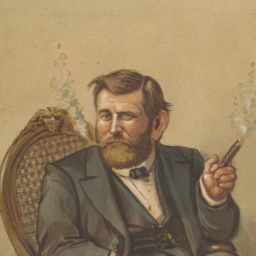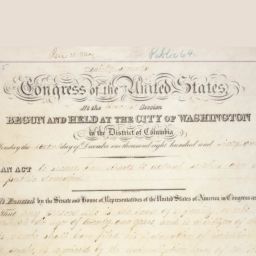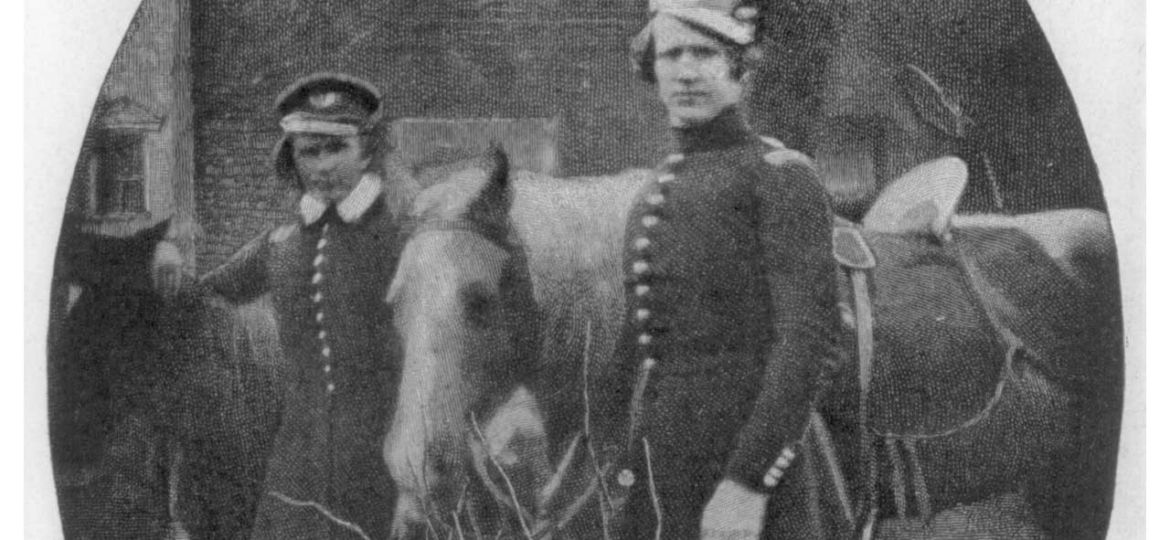
Georgetown, Ohio. Ulysses S. Grant’s boyhood. Brooks D. Simpson in his biography Ulysses S. Grant: Triumph over Adversity (2014), describes how Ulysses S. Grant’s father Jesse began to worry in the late 1830s about young Ulysses’ contemplated occupational choices of farmer or river trader. Jesse thought they might make Grant lazy.
Jesse hit upon the idea of sending Grant to the U.S. Military Academy in West Point, New York. After all, West Point was known to produce qualified engineers and Grant was good at math—the only school subject he showed notable strength in. Also, the academy was free. But Grant would need to manage to get in.
West Point admission requirements included for each applicant one of an allotted number of nominating letters from the applicant’s U.S. senator or representative. Jesse requested a one such letter for Grant from Illinois Democratic congressman Thomas Hamer, who obliged Jesse despite the fact that both men had publicly disagreed in the past about political matters, including slavery, which Jesse, an abolitionist, ardently opposed not only in regards to its expansion into any new U.S. territories but its existence anywhere and everywhere.
On May 15, 1839, Grant set out for the academy, as told well by Ron Chernow it in his 2017 biography Grant:
[Grant] bade his family a stiffly formal farewell and left behind the small, provincial world he had inhabited. At seventeen, he was tiny for his age, weighing a mere 117 pounds and standing five feet two inches tall; at West Point he would reach his full height of five feet eight inches. It was typical of [Grant’s mother] Hannah that she extracted from him a promise he would never resort to profane language at West Point. One senses that Grant was starved for outright maternal affection, for when he crossed the street to say good-bye to the Baileys, Mrs. Bailey and her daughters stood bathed in tears. Grant was taken aback by the emotional display, which struck him as a revelation. “Why you must be sorry I am going,” he said with dawning wonder. “They didn’t cry at our house.” Grant lugged a suitcase imprinted with brass tacks of his initials. To avert teasing, he had rearranged H.U.G. into the far more palatable U.H.G….
Ronald C. White Jr., in American Ulysses: A Life of Ulysses S. Grant, notes that Grant’s neighbors, family, and friends “gathered on the central square to bid farewell” and “waved as he caught the stage to Ripley.”
Grant suspected that once at West Point, he would fail the academy’s entrance exams, and he did not want to attend West Point, anyway. But in the meantime, he was determined to enjoy the grand adventure that the journey to New York offered.
Of course, Grant did get into West Point, and I’ll post elsewhere on GrantRevealed.com about Grant’s experiences there.
Upon arriving at the U.S. Military Academy in West Point, Grant would discover that his name had been submitted to the academy as “Ulysses S. Grant,” with no hint as to what someone had thought the erroneous “S.” stood for. (Probably Simpson, the name of Grant’s brother and also his mother’s maiden name.)
Fellow cadets thought it hilarious that his name was “U.S.” Grant, like United States Grant, and some took to calling him by the nickname “Sam,” as in Uncle Sam. But Grant unhesitatingly took Ulysses S. Grant as the name he kept for the rest of his life—a tidy, fortuitous resolution to the issue of his dislike of his first name Hiram and the embarrassing initials “H.U.G.”
Sources:
Ron Chernow, Grant (New York: Penguin Books, 2017). Kindle.
Brooks D. Simpson, Ulysses S. Grant: Triumph over Adversity, 1822–1865 (United States: Voyageur Press, 2014). Kindle.
Ronald C. White Jr., American Ulysses: A Life of Ulysses S. Grant (New York: Random House Publishing Group, 2016). Kindle.



